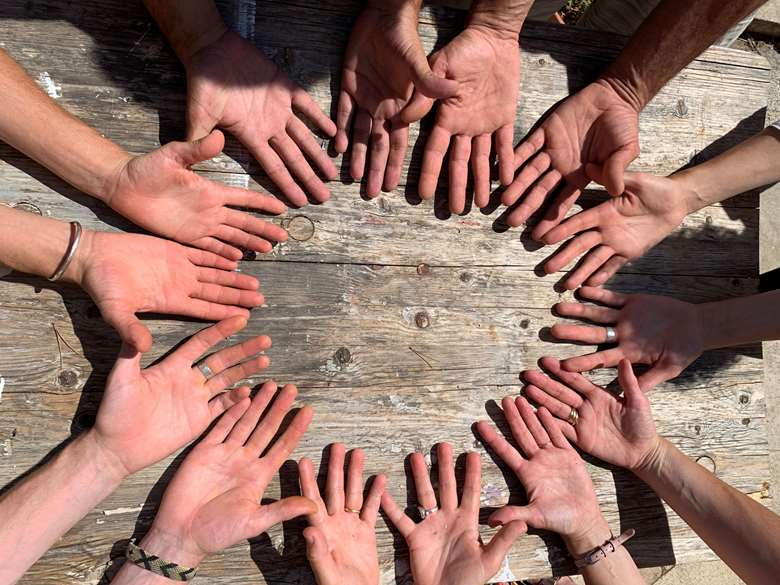Reflections on the need for self-compassion: My story of sharing ‘Wounds’ at the InsideOutMusician Ceilidh
Sophie Renshaw
Tuesday, January 11, 2022
Sophie Renshaw reflects on what her Arts Therapies training has taught her about vulnerability as a source of creativity


Register now to continue reading
Don’t miss out on our dedicated coverage of the classical music world. Register today to enjoy the following benefits:
- Unlimited access to news pages
- Free weekly email newsletter
- Free access to two subscriber-only articles per month